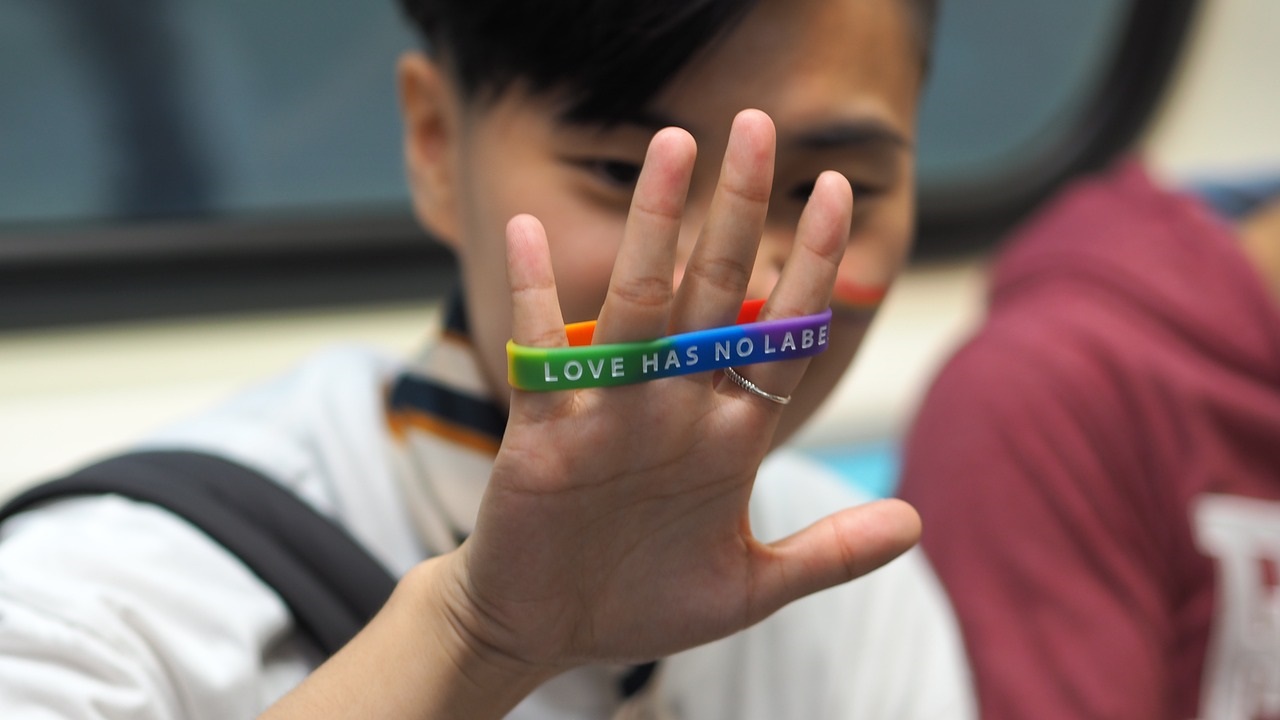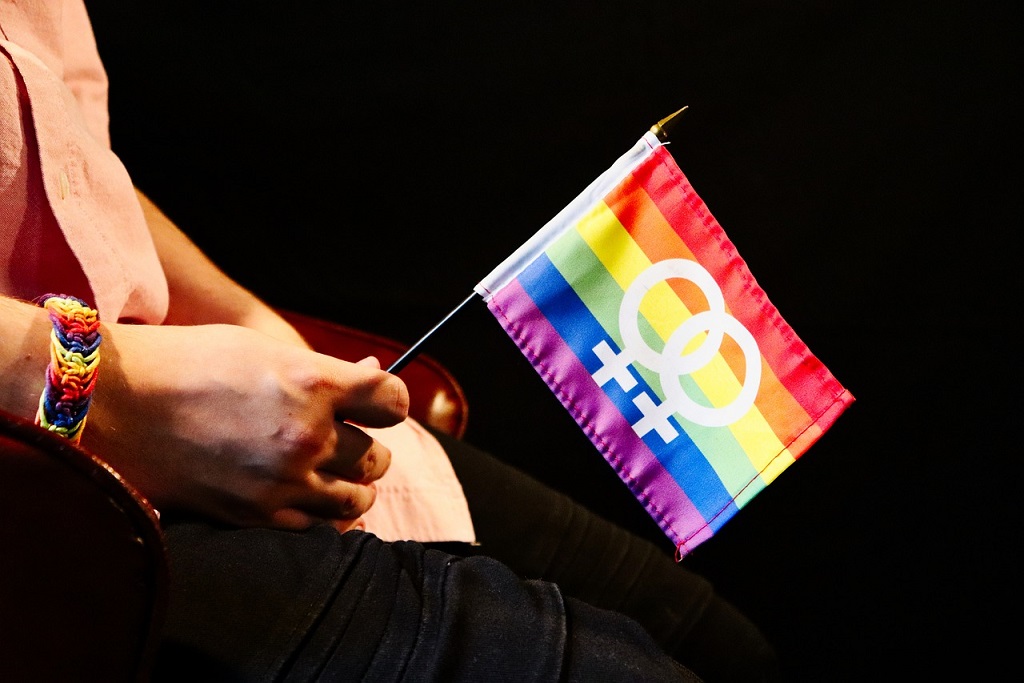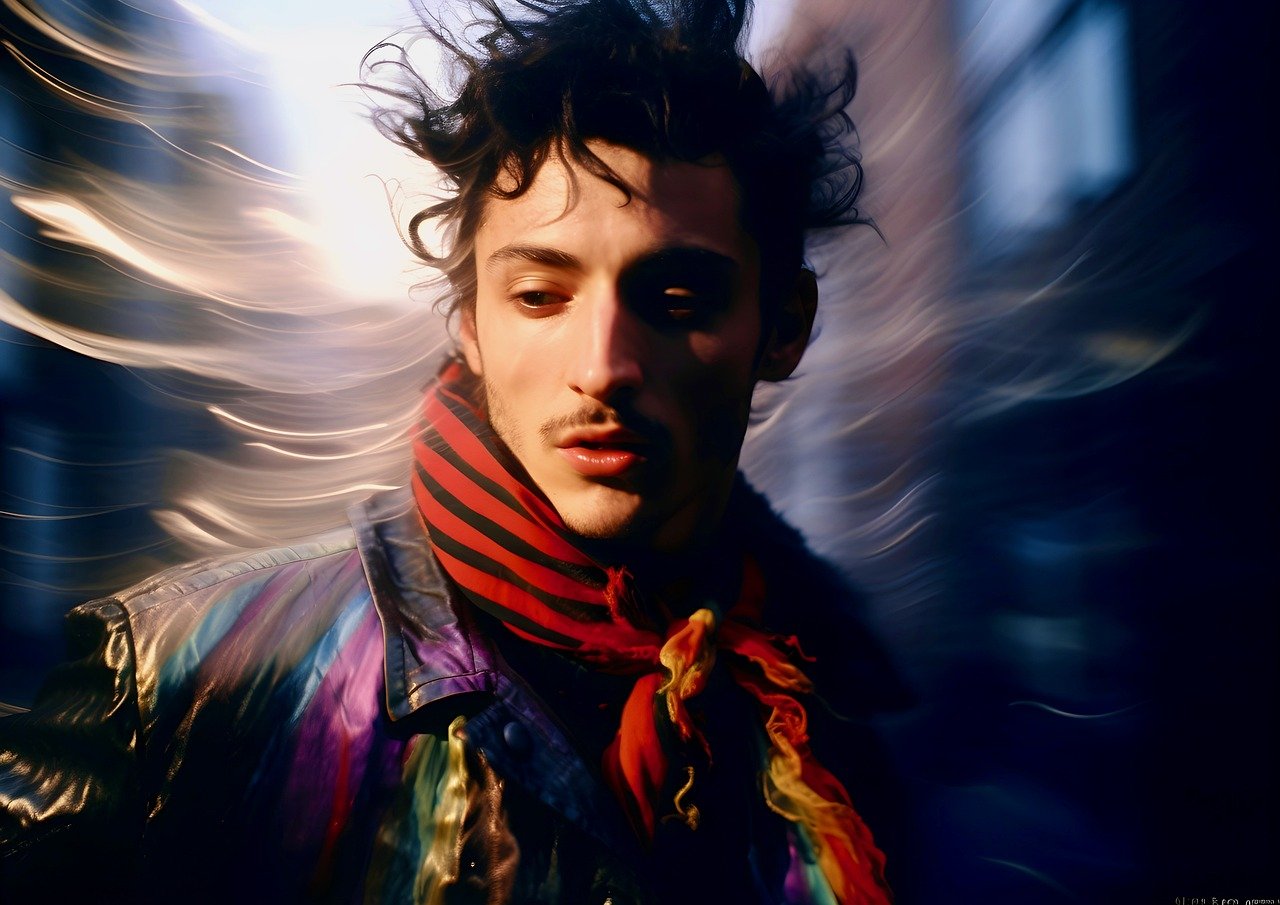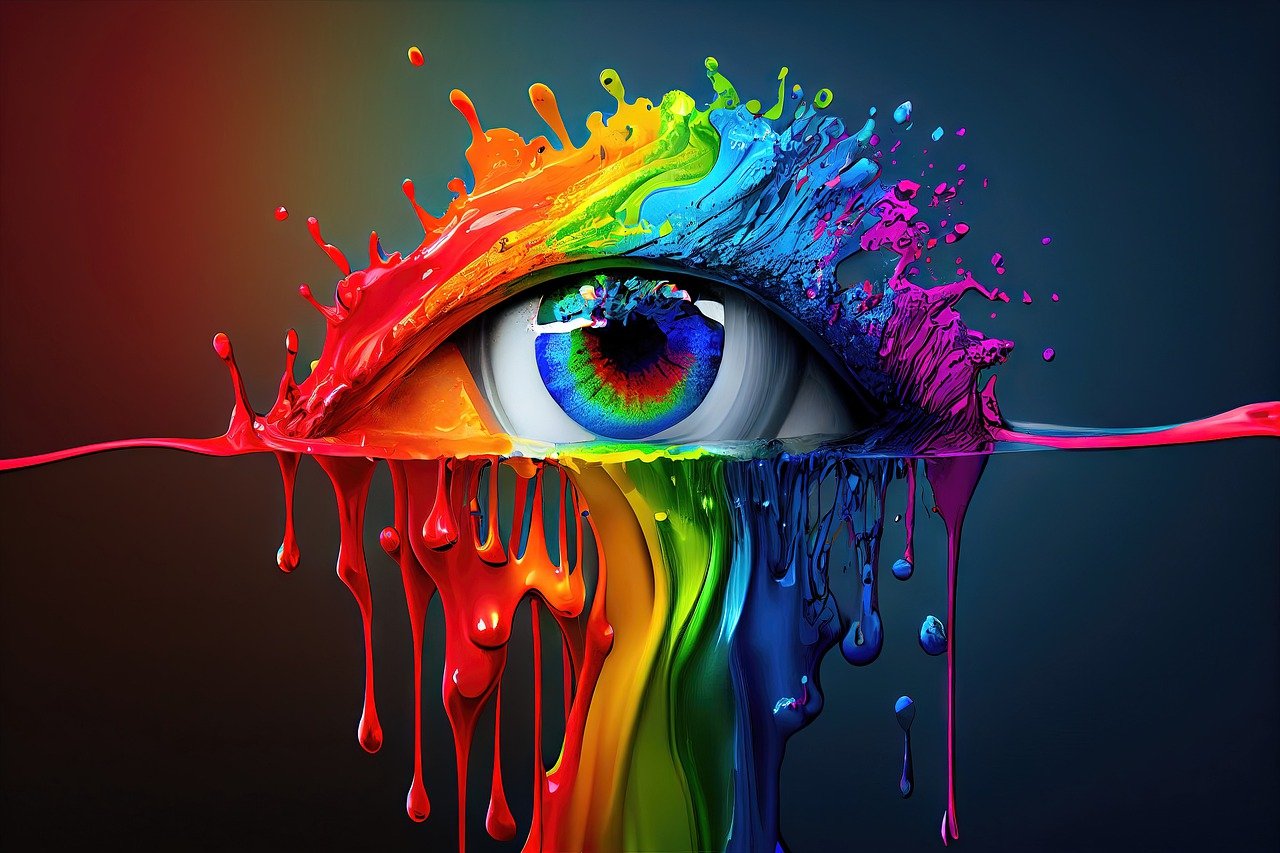New data, released annually by DIVA and Kantar for Lesbian Visibility Week shows that while LGBTQIA+ women and Trans+ people in the UK are often out and proud, many feel unsafe in their day to day lives in spaces like gyms, public transport and even in their own neighbourhoods.
Many LGBTQIA+ women and Trans+ people don’t feel safe all of the time in public spaces like their own neighbourhood, on public transport or at gyms and leisure centres.
The data, based on a survey of 2101 respondents across the UK, USA, India and South Africa, found that although many LGBTQIA+ women and Trans+ feel confident and proud, safety remains an issue.
A UK data set from the DIVA survey Catalysing Change found that only one in three LGBTQIA+ women and Trans+ people in the UK feel ‘very safe’ in their own neighbourhood. The rest only felt ‘somewhat safe’, or worse.
At public spaces like gyms and leisure centres, a hot topic in an ongoing culture war about trans people, only one in two LGBTQIA+ women and Trans+ people felt ‘very safe’.
But the worst rankings for safety were given to public transport and nightclubs, where only one in ten LGBTQIA+ women and Trans+ people in the UK felt ‘very safe’.
 Do people feel safe to come out?
Do people feel safe to come out?
The report found that many LGBTQIA+ women and Trans+ are feeling more confident in who they are – or at least able to come out to most of their family, friends and even their work colleagues. However, this is less likely for trans and non-binary people.
Given a shift towards corporate responsibility and strong discrimination laws being introduced across the world, respondents deemed workplaces to be some of the safest places to be out. However, close friends and family topped the list.
In the context of attacks on LGBTQIA+ inclusive education, ‘My children’s school community’ was the place people felt least able to be out.
Visibility alone doesn’t create safety
“It’s wonderful to see so many LBQ+ women and trans people [sic] in the UK living our lives out and proud,” Nancy Kelley, Director of Lesbian Visibility Week, says.
 “But visibility should never come at the cost of safety. It is unacceptable that in 2024 so many LBQ+ women and trans people in the UK still feel unsafe, and it’s unacceptable that they have a good reason for feeling the way they do. From our neighbourhoods and our high streets to our online world, something must change.”
“But visibility should never come at the cost of safety. It is unacceptable that in 2024 so many LBQ+ women and trans people in the UK still feel unsafe, and it’s unacceptable that they have a good reason for feeling the way they do. From our neighbourhoods and our high streets to our online world, something must change.”
This survey paints a picture of the reality of the day-to-day lives of LGBTQIA+ women and Trans+ people in the UK, who, it says, too often feel unsafe going about their day-to-day lives.
This data is released after a decade of rising hate crimes targeting people because of their sexual orientation and gender identity. According to the report’s analysis of Police Recorded Hate Crime and ONS data, between 2013 and 2023, homophobic and biphobic hate crimes in England and Wales rose by 465%, and transphobic hate crimes rose by a staggering 1,211%.
Analysis: We’re stronger together
At a time when a handful of lesbians are weaponising the whole community of LGBTQIA+ women and Trans+ people for their anti-trans agenda, this data is humbling.
 It’s a reminder that when misogyny, homophobia and transphobia come together – or aren’t fought against with a united front – these issues get worse for everyone.
It’s a reminder that when misogyny, homophobia and transphobia come together – or aren’t fought against with a united front – these issues get worse for everyone.
This year, Lesbian Visibility Week’s theme was ‘Unified not Uniform’, which recognises that to make the world a better place for LGBTQIA+ women and Trans+ people, we’ve all got to stand in solidarity with each other.
*Article originally published in Queer AF.
(Photos: Pixabay)

 Jamie Wareham
Jamie Wareham










.jpg)












